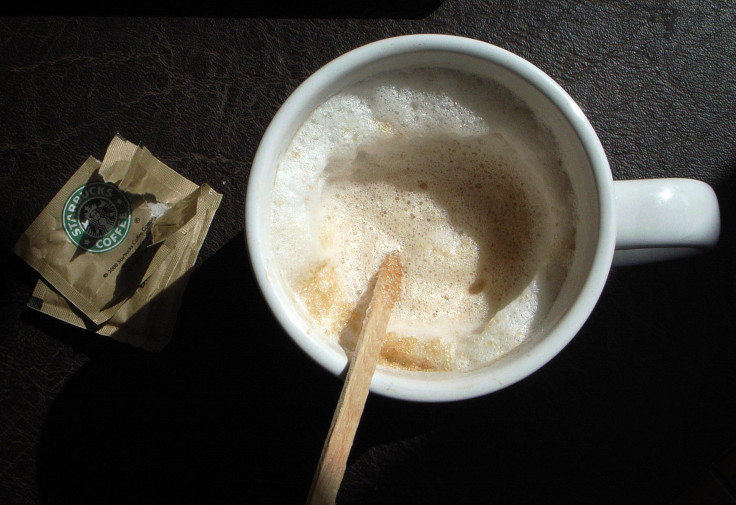California May Stop Putting Cancer Warnings On Coffee

A California court ruling earlier this year found that a common morning beverage needed to carry a label warning of cancer risk to anyone who drank it. Just months later, the ruling might be reversed and residents of the Golden State could be able to drink coffee without seeing the ominous labels, according to the New York Times.
The state government made a proposal to reverse the ruling on the grounds that coffee does not significantly increase the risk of cancer in humans. Californians will know if the labels will remain or not by the end of the day Thursday, following a hearing in the state’s capital of Sacramento.
Superior Court of California Judge Elihu Berle ruled in March that coffee vendors like Starbucks needed to put the labels on coffee under California’s Proposition 65 law. If a substance contains one of the hundreds of chemicals that carries a risk of cancer, the law requires a warning for consumers.

Coffee contains acrylamide, a substance also present in cigarette smoke and a variety of non-food consumer products. The chemical has not been conclusively shown to increase the risk of cancer in humans, according to the American Cancer Society. However, Berle’s ruling had less to do with that and more to do with whether or not the pros outweigh the cons of drinking coffee.
Berle needed coffee companies to prove that the amount of acrylamide in coffee was harmless and that drinking coffee was beneficial enough to negate the risk. The companies “failed to satisfy their burden” of proving coffee drinkers would be fine without a warning label, he wrote in his March ruling.
More research from the World Health Organization over the summer found it unlikely that coffee was especially dangerous to drinkers, per the Times. That may help the state’s case to get the labels removed.
There are also concerns from some that putting warning labels on too many things is ultimately bad for consumers, who may take them less seriously if they are more ubiquitous. Prop 65 led to companies putting warnings on things like toilet paper, and even at places like Disneyland, according to the Times.
© Copyright IBTimes 2025. All rights reserved.





















